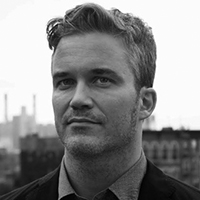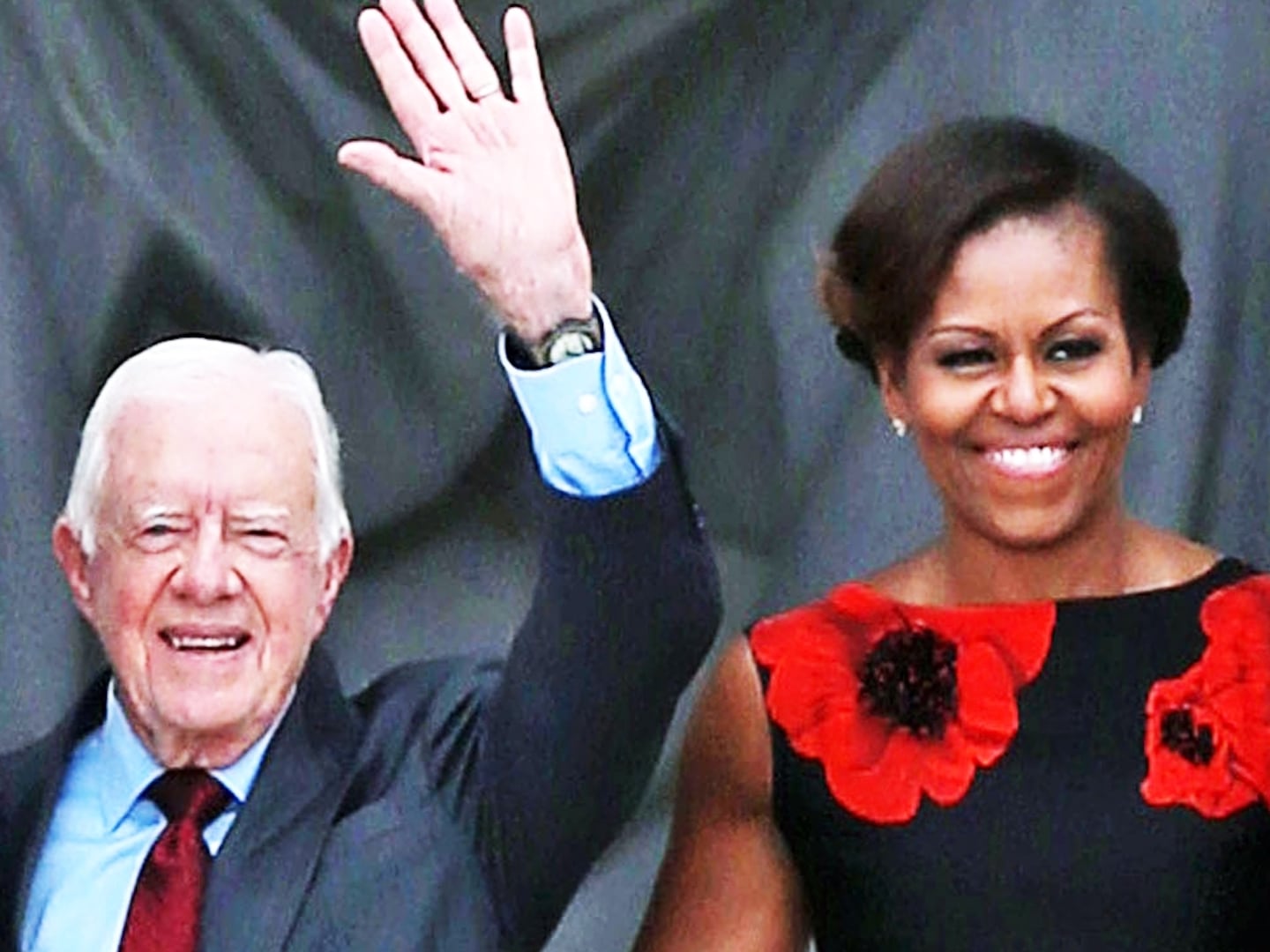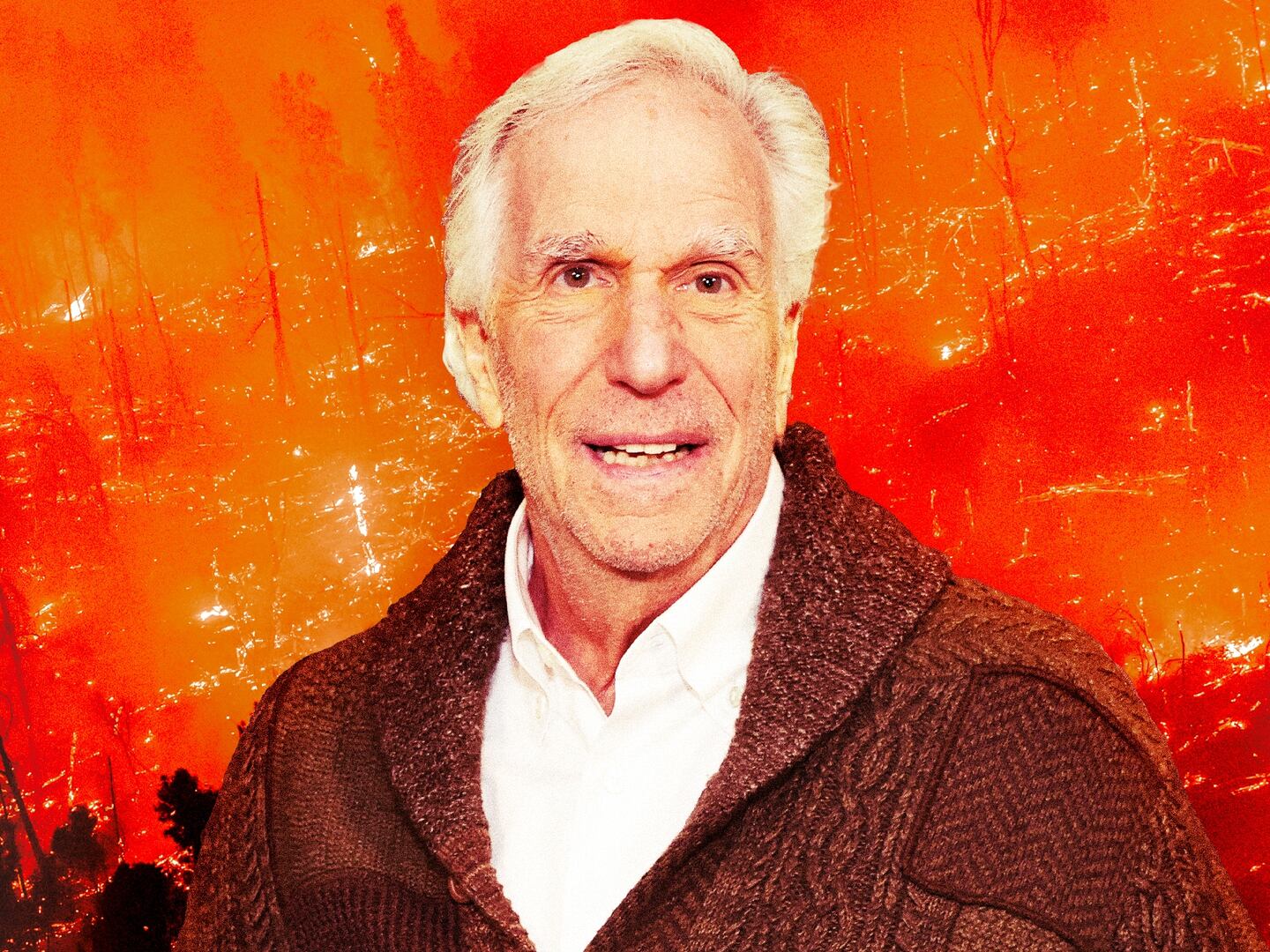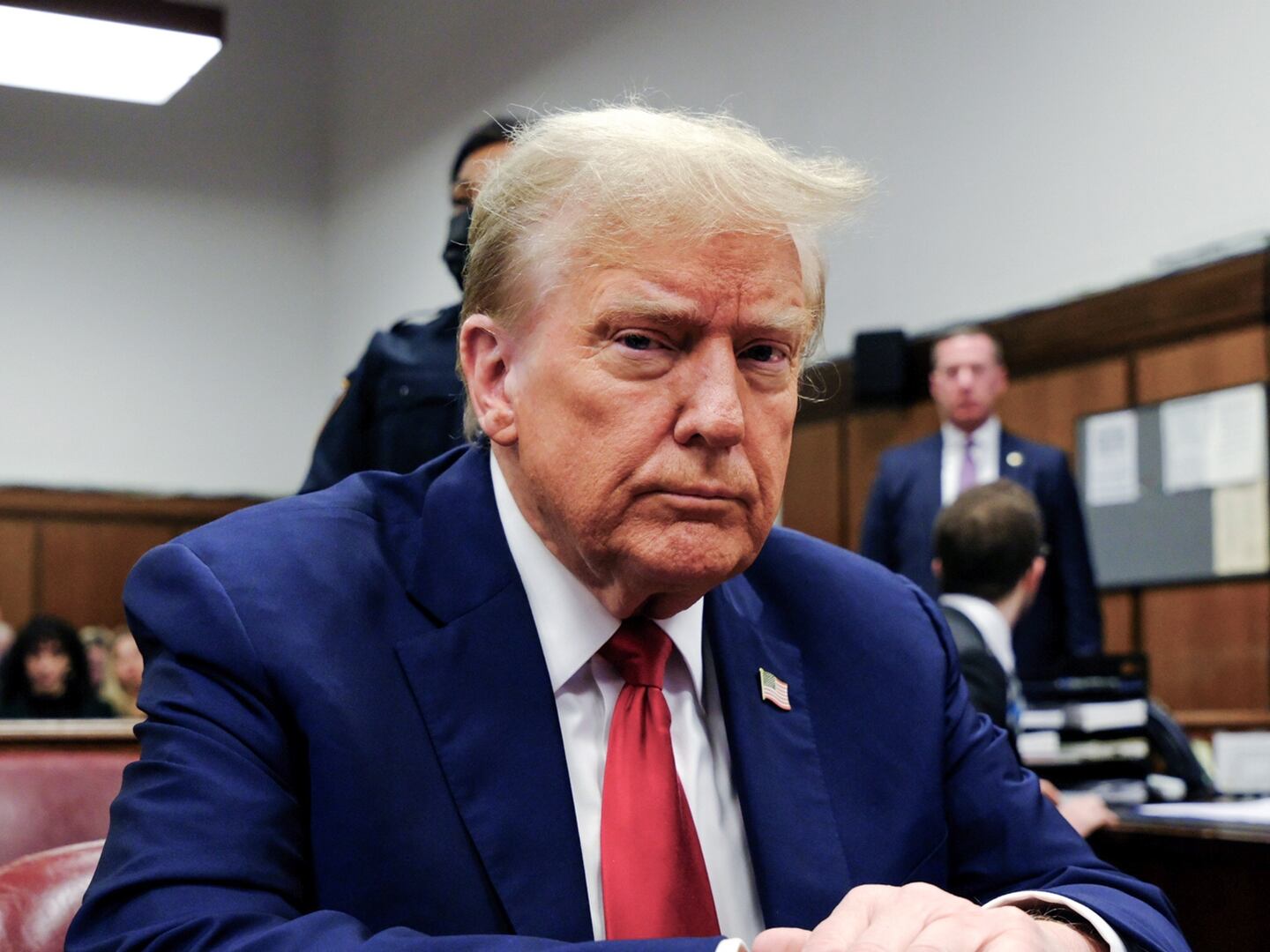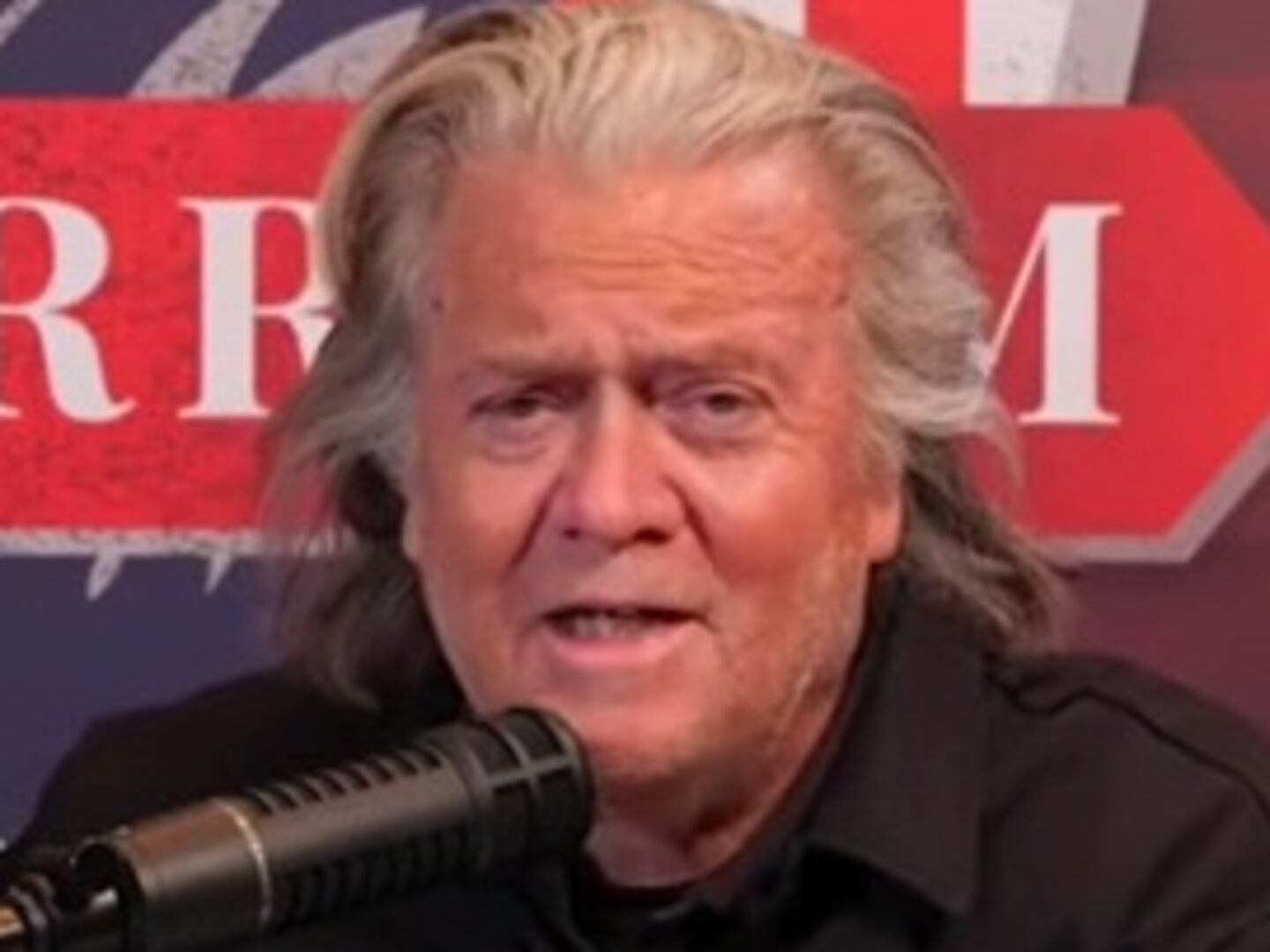World
Orlando Sierra/AFP/Getty Images
Army Major, Corporate Goons Charged in Murder of Berta Cáceres in Honduras
CARTEL WATCH
Five men with ties to a construction company have been arrested in connection with the murder of famous environmental activist Berta Cáceres.

Trending Now
